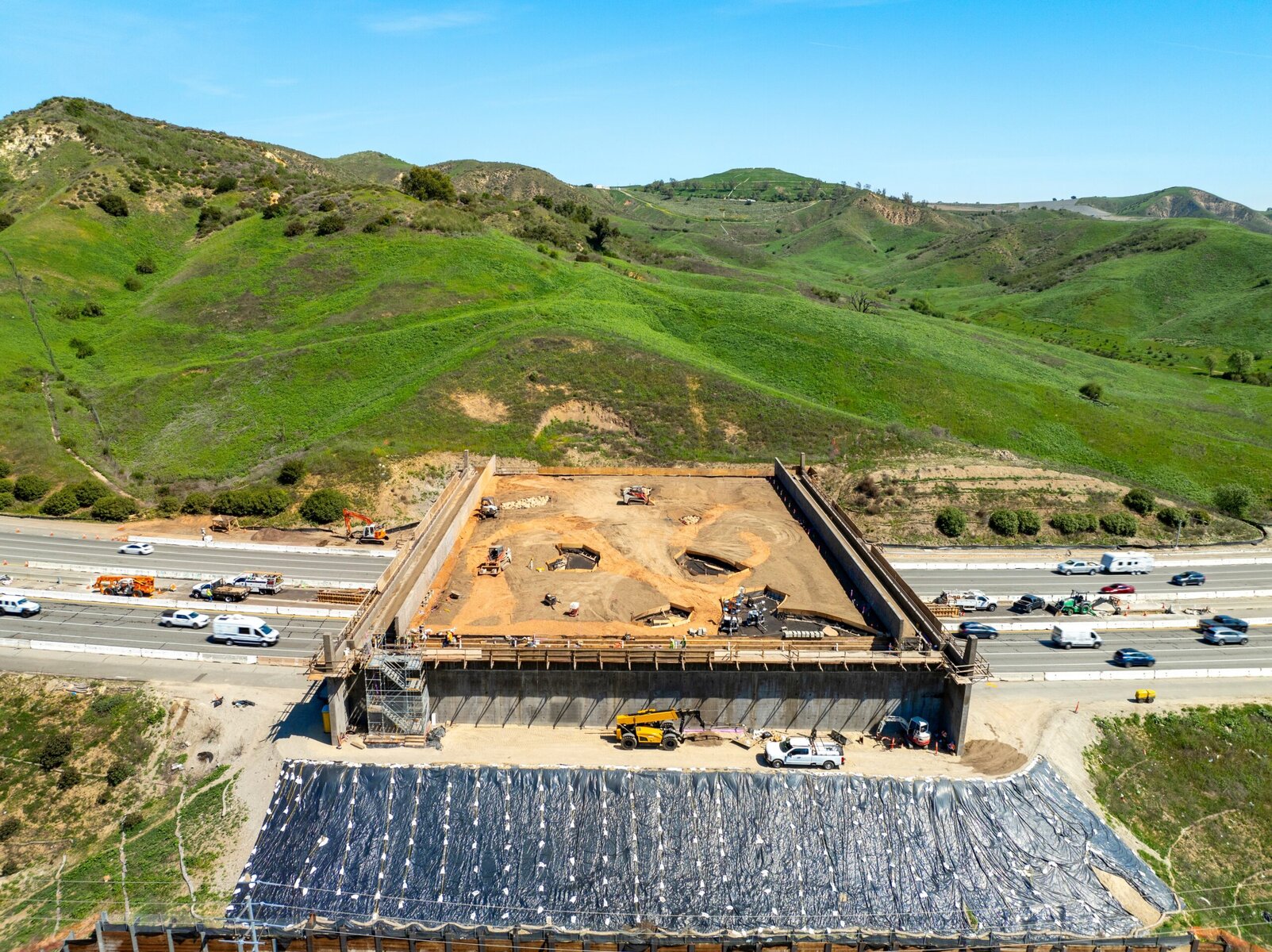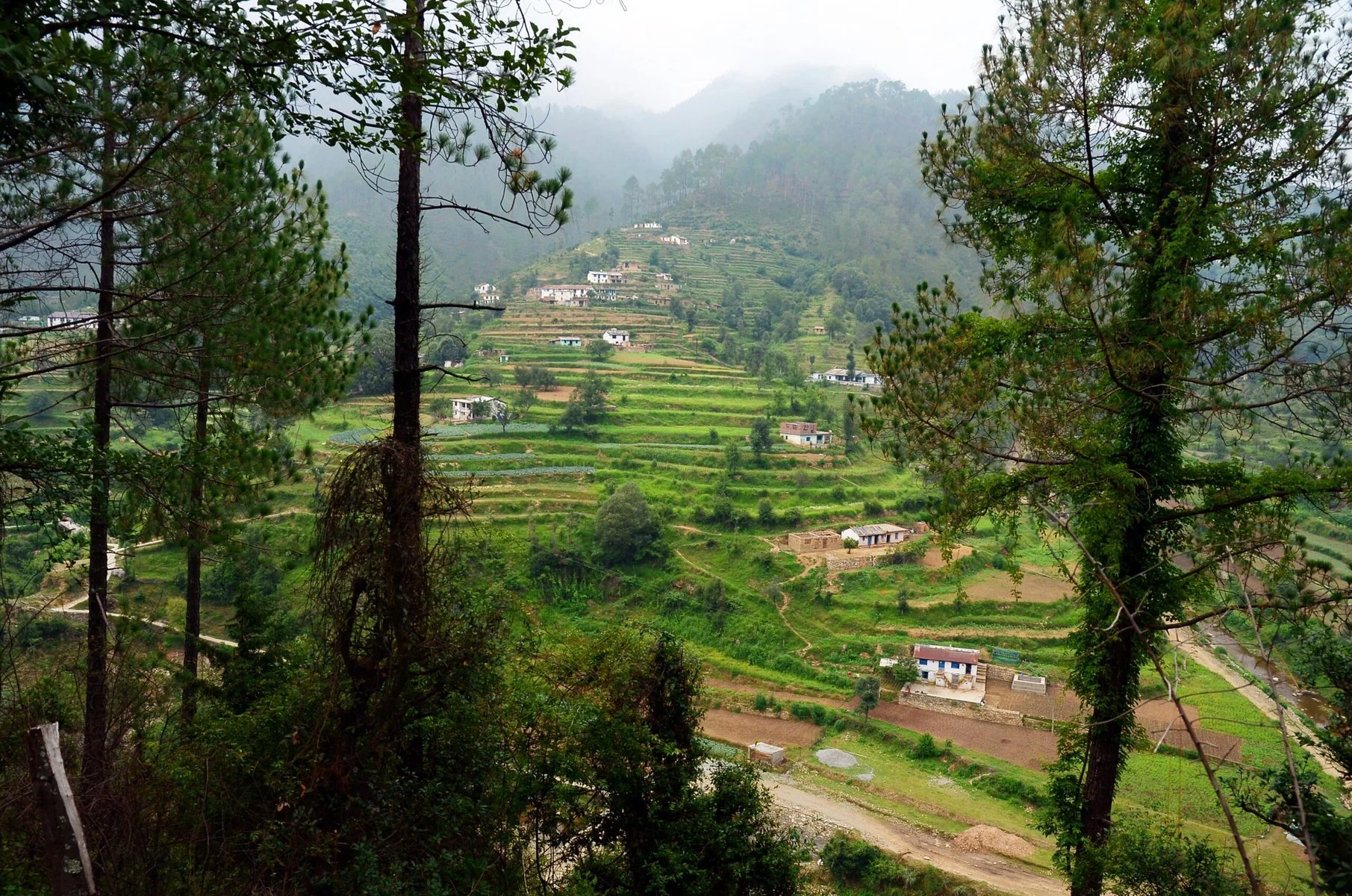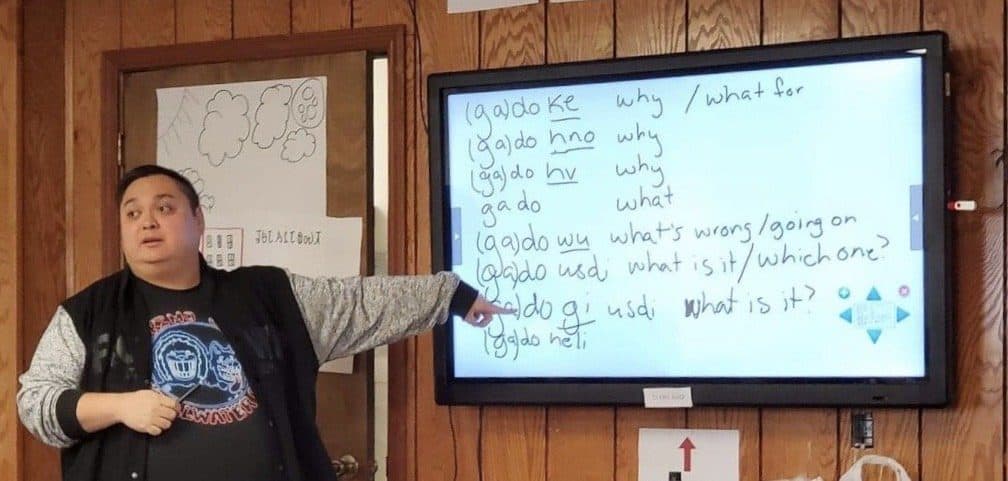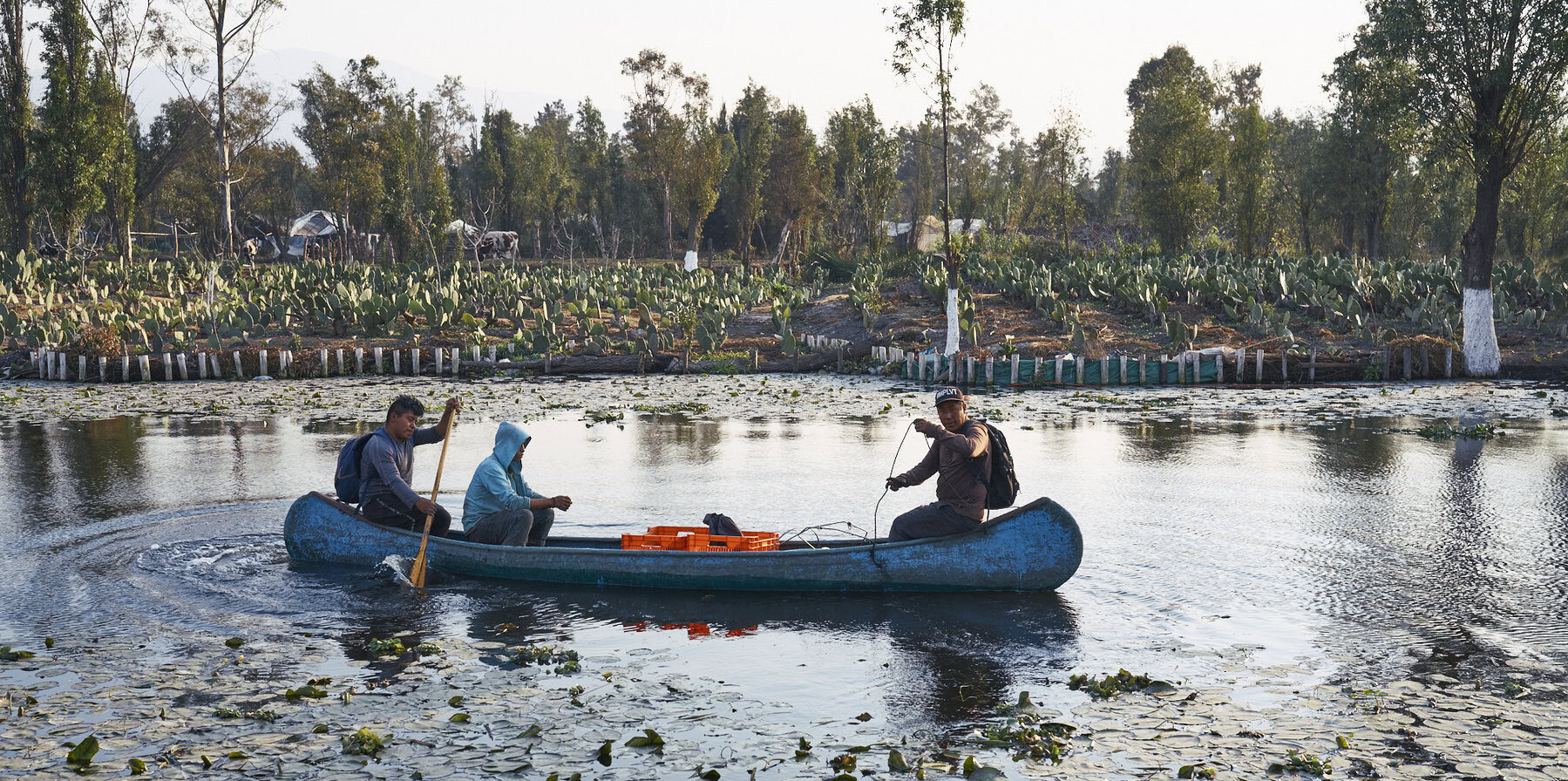Three great stories we found on the internet this week.
Past the test
With the end of China’s Covid Zero policy, tens of thousands of PCR testing booths threatened to languish on sidewalks from Shenzhen to Changsha. Instead, this pandemic infrastructure is being repurposed as mini pharmacies, food stalls, information kiosks, libraries and more.
Several Chinese municipalities see the conversions as opportunities to bolster the local economy, but the transformation is also a healing opportunity. “The retrofitted booths could be very powerful interventions and highly significant ones, if they effectively reverse the security-and-surveillance nature they played in the pandemic and are turned into spaces of communal healing,” noted a global urban politics professor.
Balancing act
Why do farms plant their crops in one place and raise their livestock in another? A different farming method shows how combining the two can benefit both –– and the ecosystems around them.
Weighed down by negative news?
Our smart, bright, weekly newsletter is the uplift you’ve been looking for.The brainchild of a few Corn Belt farmers, “stock cropping” sets up animals, such as chickens and hogs, on strips of pasture next to rows of grain like corn. Periodically, the two are swapped. What the animals leave behind fertilizes the ground to nurture the next planting. To make this rotation easier, the farmers invented a mobile, solar-powered barn for the animals that they dubbed the ClusterCluck.
Farms focused solely on livestock end up with fields of manure that can pollute the environment. Meanwhile, farms that stick to monocrops like corn require synthetic fertilizers made with water-poisoning nitrogen. Stock cropping strikes a healthier balance and, said a director at the Union of Concerned Scientists, could address a status quo in which the American small farmer “takes the ultimate risk, earns the least, and is dependent on government [subsidies] in order to make ends meet.”
Nesting ground
Former poachers of sea turtle eggs are now patrolling beaches to help to save the endangered turtles in the Philippines, thanks to a conservation program by Coastal Underwater Resource Management Actions (CURMA).
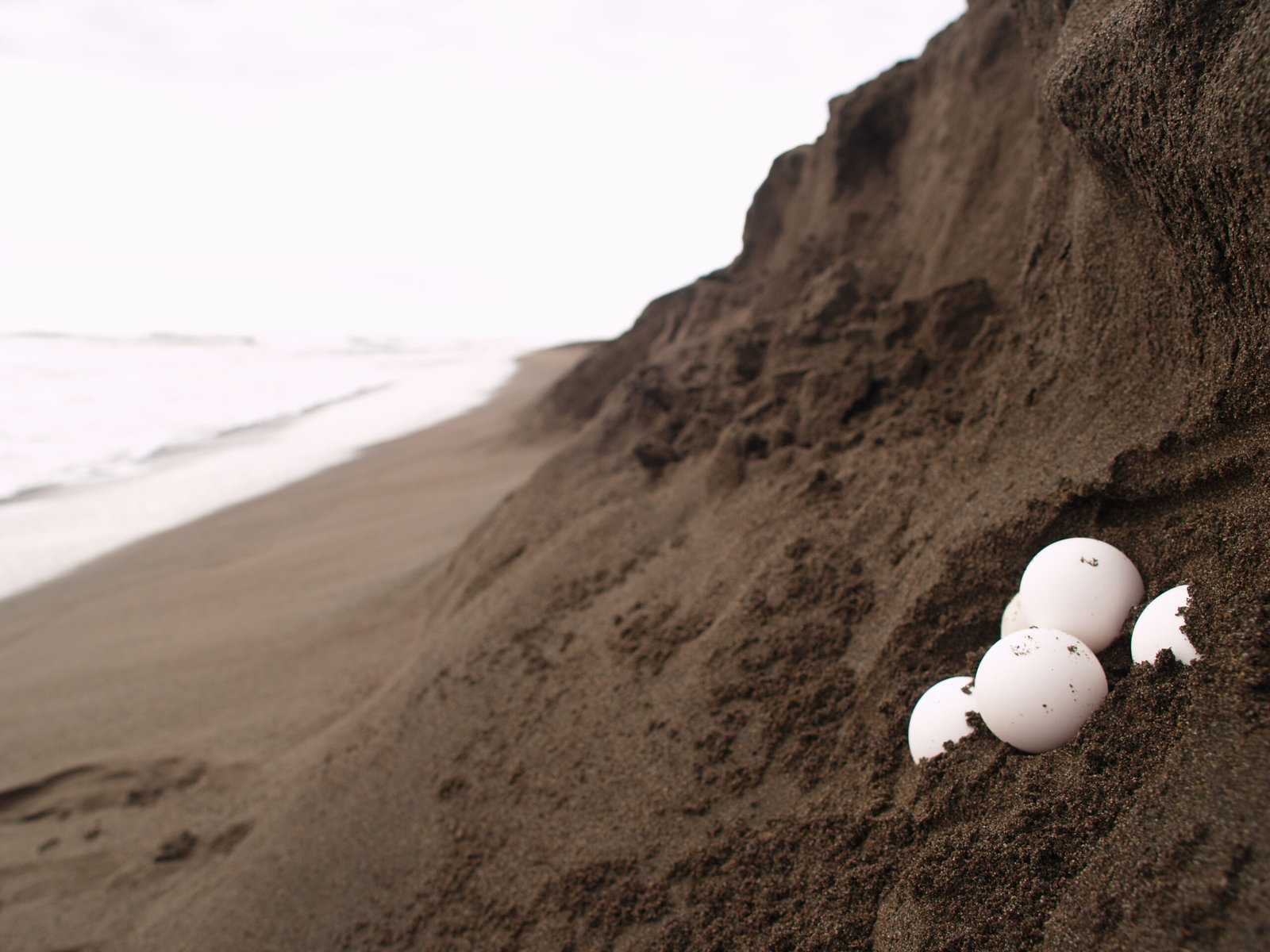
Once the nonprofit determined that hunters illegally swiped eggs from nests to earn a living or eat, they offered incentives and training to people like construction worker Johnny Manlugay. Volunteers get paid per egg four times what they would earn at market. Now, Manlugay heads to the beach to collect eggs that CURMA buries in protected areas for safe hatching.
One converted poacher who has brought more than 1,000 eggs to CURMA says he uses the money to pay household bills. Plus, The Christian Science Monitor reports, he bought a tricycle, “[to ferry passengers] when I could not go out to fish, so that’s another source of income.”




